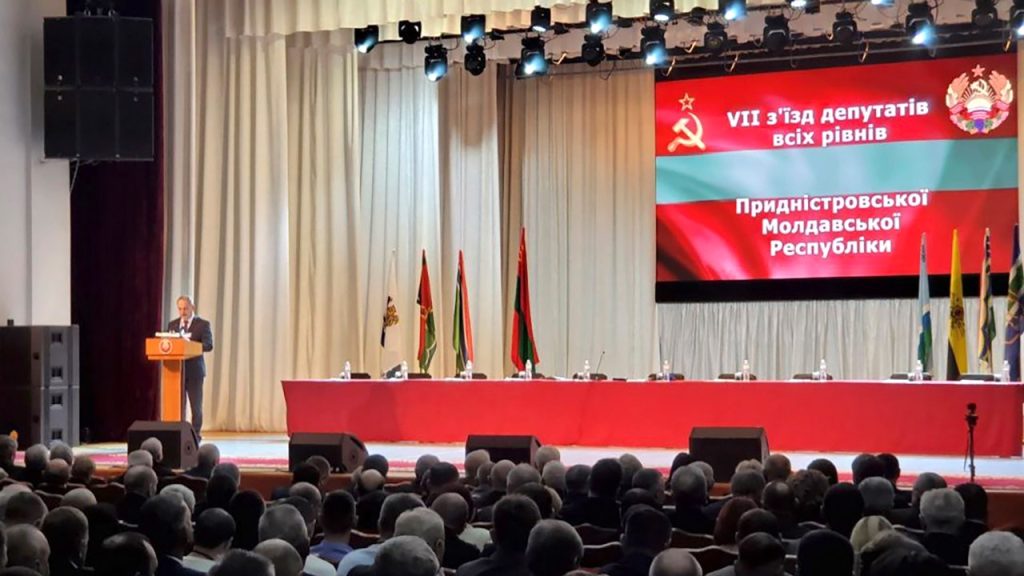State security services in Moldova’s breakaway region of Transnistria reported that a drone attacked a military unit near the border with Ukraine, causing minor damage to a radar station. Despite no casualties, a criminal investigation has been opened to determine the perpetrator of the alleged attack. The incident took place in Rabnita, about four miles from the Ukraine border, and no specific group or individual was attributed to the assault, according to the region’s state security ministry.
Authorities in Moldova’s Bureau for Reintegration Policies view this incident as part of a larger pattern of provocations in Transnistria. These actions are seen as attempts to incite panic, create tension, and draw attention to the region. Moldova, like Ukraine, has accused Russia of conducting a “hybrid war” against the country, interfering in local elections, and spreading disinformation campaigns to hinder Moldova’s progress towards full EU membership. Despite denials from Russia, Moldova remains wary of potential Russian involvement in such incidents.
The drone attack follows a recent incident where an empty helicopter at a military installation in Transnistria was destroyed, allegedly by a Ukrainian drone strike. However, Moldovan officials suggested that the explosion was staged, emphasizing that such events are meant to exacerbate tensions in the region. Moldova positioned the blame on Russia, warning that more similar actions are likely to be orchestrated by the Russian Federation in Transnistria. This raises concerns about potential future escalations and challenges in the region.
Transnistria declared independence from Moldova following a brief conflict in the early 1990s. The current pro-Western government in Moldova opposes Russian President Vladimir Putin’s actions in Ukraine, leading to tensions with the Kremlin. Although Transnistria’s independence is not internationally recognized, it remains a contentious issue, especially given its strategic location between Moldova and Ukraine. The region hosts a military base with 1,500 Russian troops, further complicating the geopolitical dynamics in the area.
The drone incident underscores the complexities and challenges facing Transnistria, a region caught in the middle of competing interests and geopolitical rivalries. Recent appeals by Transnistrian authorities to Moscow for “protection” have raised concerns in Moldova, although the request falls short of seeking annexation by Russia. Moldova views such appeals as propaganda and remains vigilant against potential Russian interference in the region. As tensions persist and provocations escalate, the situation in Transnistria continues to require close monitoring and diplomatic efforts to prevent further destabilization.
In light of recent events and ongoing provocations, it is crucial for all parties involved to exercise restraint, engage in dialogue, and respect international norms and agreements. The drone attack in Transnistria serves as a reminder of the fragile nature of the region’s security and the potential for conflict escalation. Moldova’s efforts to counter Russian influence and maintain stability in Transnistria will require continued vigilance and cooperation with international partners. The incident highlights the complexities of the situation and the need for a diplomatic resolution to ensure peace and security in the region.


